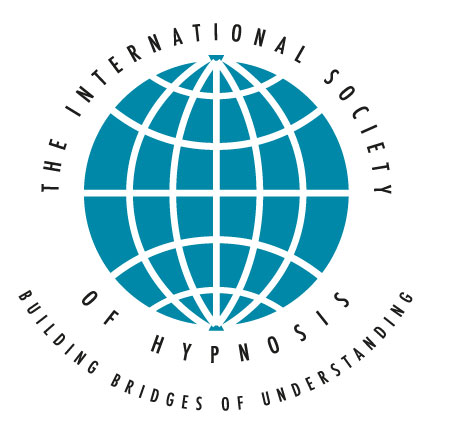Psychological support based on positive suggestions in the treatment of a critically ill ICU patient – a case report
Varga, K., Fritúz, G., & Varga, Z. (2013). Psychological support based on positive suggestions in the treatment of a critically ill ICU patient – a case report. Interventional Medicine and Applied Science, 5(4), 153-161. doi: 10.1556/IMAS.5.2013.4.2
Abstract:
This case report describes the way psychological support based on positive suggestions (PSBPS) was added to the traditional somatic treatment of an acute pancreatitis 36-year-old male patient. Psychological support based on positive suggestions (PSBPS) is a new adjunct therapeutic tool focused on applying suggestive techniques in medical settings. The suggestive techniques usually applied with critically ill patients are based on a number of pre-prepared scripts like future orientation, reframing, positivity, supporting autonomy, etc., and other, very unique and personalized interventions, which are exemplified with verbatim quotations. We describe the way several problems during treatment of intensive care unit (ICU) patients were solved using suggestive methods: uncooperativeness, difficulties of weaning, building up enteral nutrition, supporting recovery motivation, and so on, which permanently facilitated the patient’s medical state: the elimination of gastrointestinal bleeding, recovery of the skin on the abdomen, etc. Medical effects follow-up data at 10 months show that the patient recovered and soon returned to his original work following discharge.
Suggestive Techniques Connected to Medical Interventions
Varga, Katalin (2013) “Suggestive Techniques Connected to Medical Interventions”
Abstract
The paper introduces a series of articles where several detailed clinical examples will be presented on the effectiveness of using suggestive techniques in various fields of interventional medicine. The aim of this series is to raise the attention to the patients heightened openness to suggestions. By recognizing the unavoidable nature of suggestive effects on one hand we can eliminate unfavourable, negative suggestions and on the other hand go on and consciously apply positive, helpful variations. Research materials, reviews and case study will describe the way suggestions can reduce anxiety and stress connected to medical intervention, improve subjective well-being and cooperation, and increase efficiency by reducing treatment costs.
The full article can be viewed by clicking here.
Positive Suggestion Techniques in Somatic Medicine: A Review of the Empirical Studies
Kekecs, Zoltán and Varga, Katalin (2013) “Positive Suggestion Techniques in Somatic Medicine: A Review of the Empirical Studies”
Abstract
Introduction: There is an ever reoccurring question in medical practice: Does the positive attitude and communication of the medical staff make any difference? Aim: Our aim is to present a comprehensive overview of the medically relevant effects of positive suggestions by reviewing the recent literature. Methods: We will review the studies measuring the effects of suggestive communication of the past 20 years. In cases of studies presented in more details we quote from the suggestion scripts used in the study, too. Results: Some of the reviewed papers report that positive suggestions lead to decreased pain and use of pain medication and positively affect physiological factors like bowel motility, blood pressure and bleeding during surgery as well. However, the literature also contains studies in which only partial or no positive effectswere found. Conclusions: We emphasize further, more detailed investigation of positive suggestion techniques and its integration into the education of medical professionals.
The full article can be viewed by clicking here.
James Braid: Surgeon, Gentleman Scientist, and Hypnotist
Yeates, Lindsay (2013) “James Braid: Surgeon, Gentleman Scientist, and Hypnotist”
The complete dissertation can be downloaded as a PDF by clicking here.
**The works in this section represent the authors’ ideas and conclusions. These works are presented here for the interest of the members of ISH. The ISH makes no claims, promises, or guarantees about the accuracy, completeness, or validity of the contents of these works and expressly disclaims liability for errors and omissions in these works.
